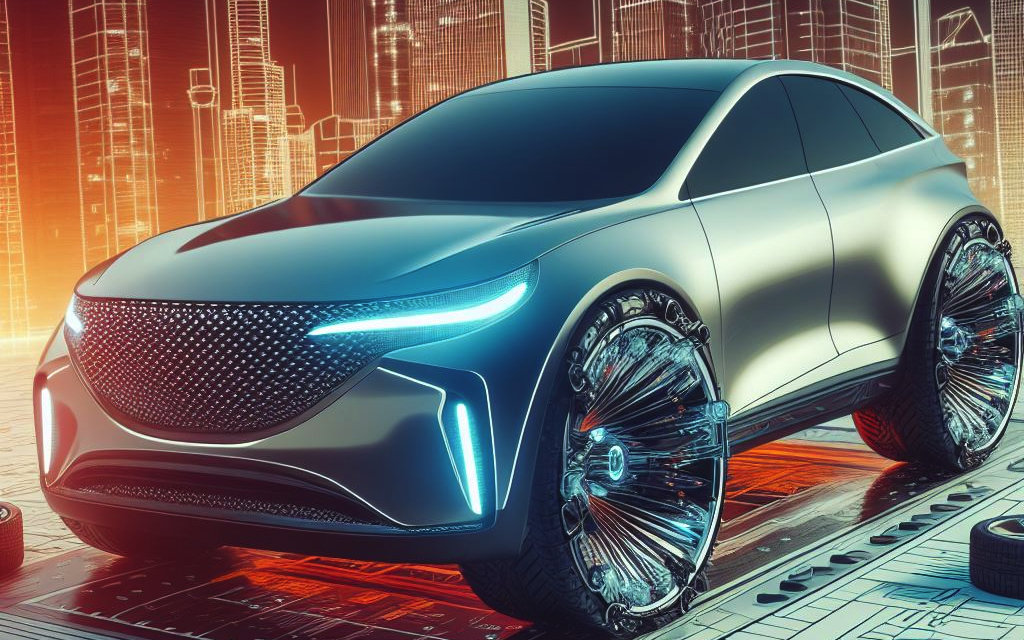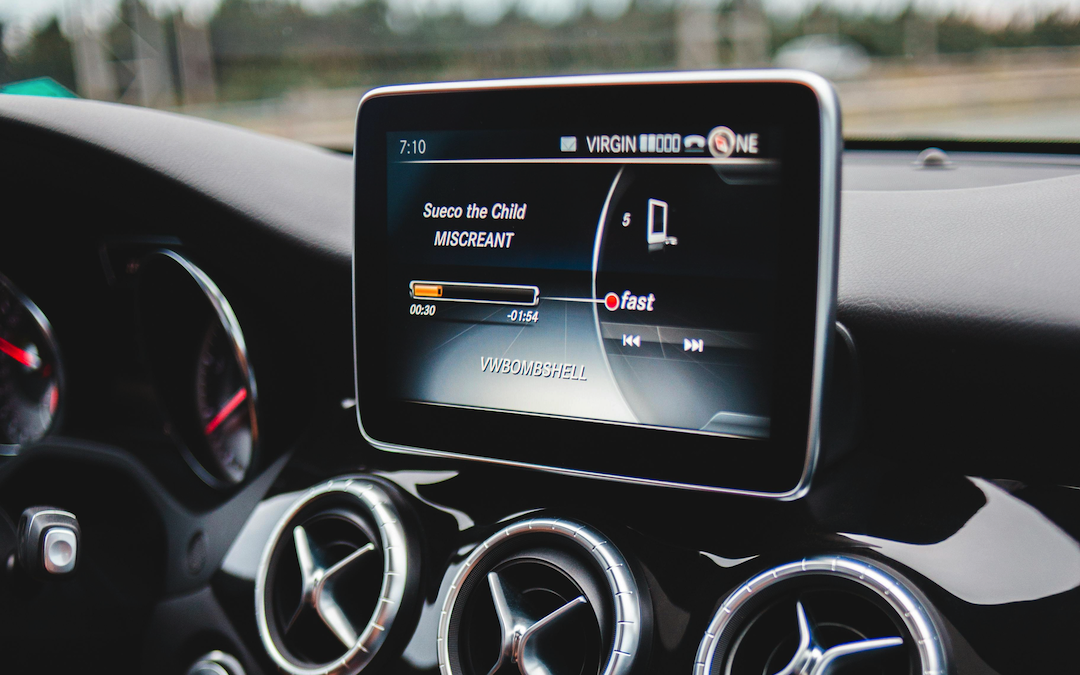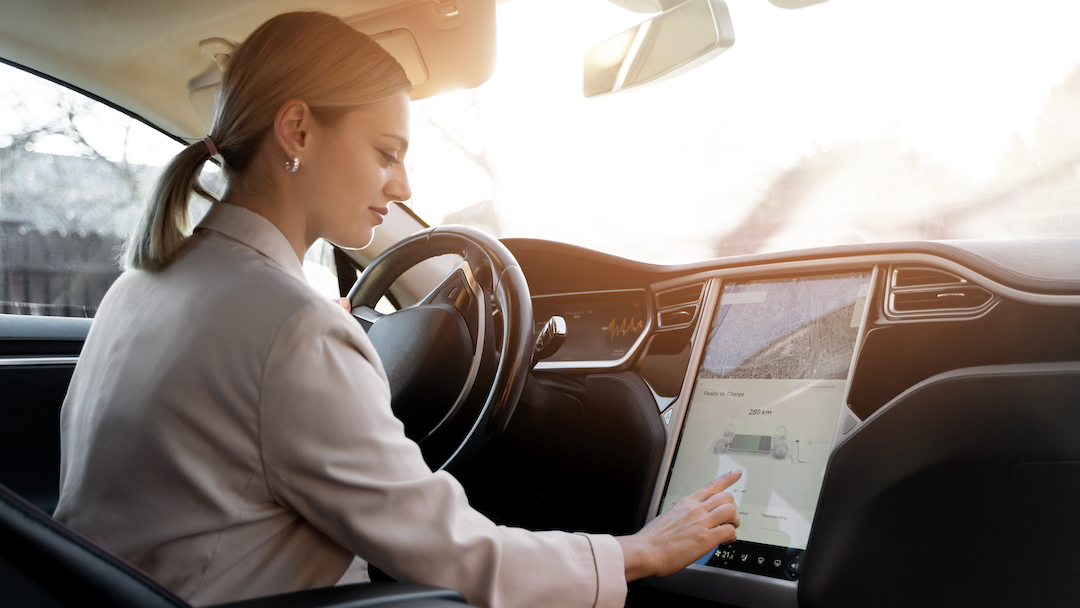asasd
Blog Category

Image alt text, or alternative text, is a description of an image that is displayed when the image cannot be shown. It serves several important purposes: test text

Instagram stories are one of the trends used to convey brief moments to the users. Launched in 2016, this app enables users to share photos and videos which automatically delete after a day. They make them more interesting and whereby creating a feel that makes it easier for the marketers to pass their messages to the audiences.

The automobile industry is one of the most changed industries in the context of contemporary technical development. Today, automobiles are no longer simply mechanical products but technological marvels on wheels. Each of these aspects – safety, efficiency, and comfort – are positively affected by this change. In 2021, the automotive software market was valued at 14 billion U.S. dollars worldwide.

The automotive industry is ever-changing and evolving into more convenient day by day. The commercial uses of significant advancements in vehicle technology are as visible as ever. These advancements are almost always focused on an increased rate of efficiency and driving safety. However, one advancement stands out: the tire pressure monitoring system, aka TPMS. It’s one of the most crucial components of modern vehicles as it can ensure the best performance of your vehicle as well as tire maintenance.

In the vast landscape of the American automotive market, certain brands and models rise above the rest, capturing the hearts and imaginations of drivers across the country. From sleek sedans to rugged trucks and versatile SUVs, Americans have a diverse array of preferences when it comes to their vehicles. Not just the looks but the advanced features also help people in selecting their desired car.

The automotive industry is standing at the crossover point between revolution and evolutional changes. The time when cars are just modes of transportation simply getting us from point A to point B is long gone. Cars in 2025 are poised to become an extension of our digital lives, offering unparalleled levels of comfort, safety, and connectivity.

The automotive sector has experienced a significant transition in the connected digital landscape of today. Consumers now have unparalleled access to a wide choice of vehicles at the touch of a button, thanks to the growth of online platforms and digital marketplaces. But this ease also brings with it a new set of cyber threats that consumers and business owners need to be aware of. Recognizing these dangers is essential to ensuring the integrity and security of the online automobile industry, as they range from malware attacks to data leaks.

The automotive landscape is undergoing a profound transformation, catalyzed by the integration of Artificial Intelligence (AI), which is significantly influencing both the conception and the functional essence of modern vehicles. This evolution towards AI-driven automobiles is not merely a trend but a comprehensive shift that promises to redefine our relationship with transportation, emphasizing efficiency, sustainability, and safety.
